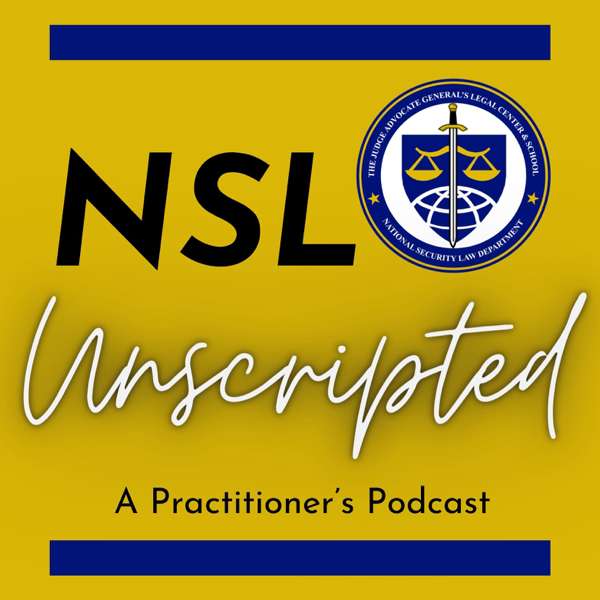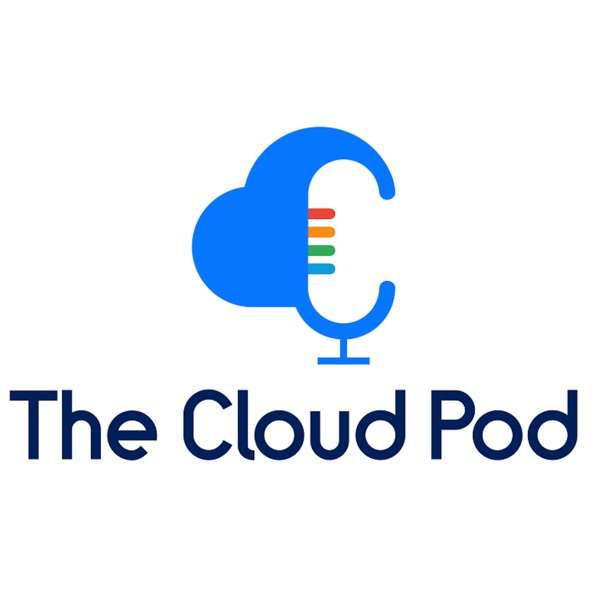Women In Government Podcast
From Trauma to Treatment: PTSD Access to Care
Based on current findings, about 20-million Americans will develop post-traumatic stress disorder or (PTSD) at some point in their lives. While most associated with military service, this condition touches people of all ages and sexes, including survivors of sexual trauma, natural disasters, and chronic medical conditions… just to name a few.
Although most people who go through a traumatic event will not develop PTSD, current research finds that about 5% of the U.S. is living with the condition in any given year. For example, during the COVID-19 pandemic about 13-million Americans had PTSD.
Up to 40% of people with PTSD recover within one year. There are many effective treatment options for people living with the condition. Evidence-based psychological interventions are usually the first choice, and can be delivered to individuals or groups, in person or online. Self-care can also play an important role in supporting treatment for PTSD, along with medication. This is a decision for both the patient and health care professional. However, there are barriers to care, including lack of awareness that PTSD can be treated, lack of availability of mental health services, lack of trained mental health care providers, and social stigma.
On this episode, Trauma to Treatment: PTSD Access to Care, the panel discusses different types of PTSD, how communities can come together to provide more access to care, and what legislation is helping, or hindering recovery. Listeners will also hear a few personal stories from people who have experienced PTSD, sharing how it all started, how they managed to keep moving forward, and how they’re feeling today.
PTSD impacts millions of individuals in the United States, including new mothers, disaster survivors, veterans, and individuals living with limb loss… just to name a few. The good news is that awareness is growing, and action is being taken. We're creating a future where mental health is prioritized through legislation, research, peer support, and education.
••••• ••••• •••••
MODERATOR: Trish Ranson, Oklahoma Representative
GUEST #1: Jamie Belsito, Former Massachusetts State Representative, and Founder of the Maternal Mental Health Leadership Alliance
GUEST #2: Haneefa Rakeeb, Medical Science Liaison, Otsuka
GUEST #3: Ashlie White, Chief Strategy & Program Officer, Amputee Coalition
ADVOCATE SOUNDBITES:
1. Nikki Grace, Director, OPGA
2. Naomi Mathis, Assistant National Legislative Director for Disabled American Veterans
••••• ••••• •••••
For more information, please visit www.womeningovernment.org
Audio & artwork courtesy of OSUCHLUCK Productions, www.osuchluck.com

 Our TOPPODCAST Picks
Our TOPPODCAST Picks  Stay Connected
Stay Connected







